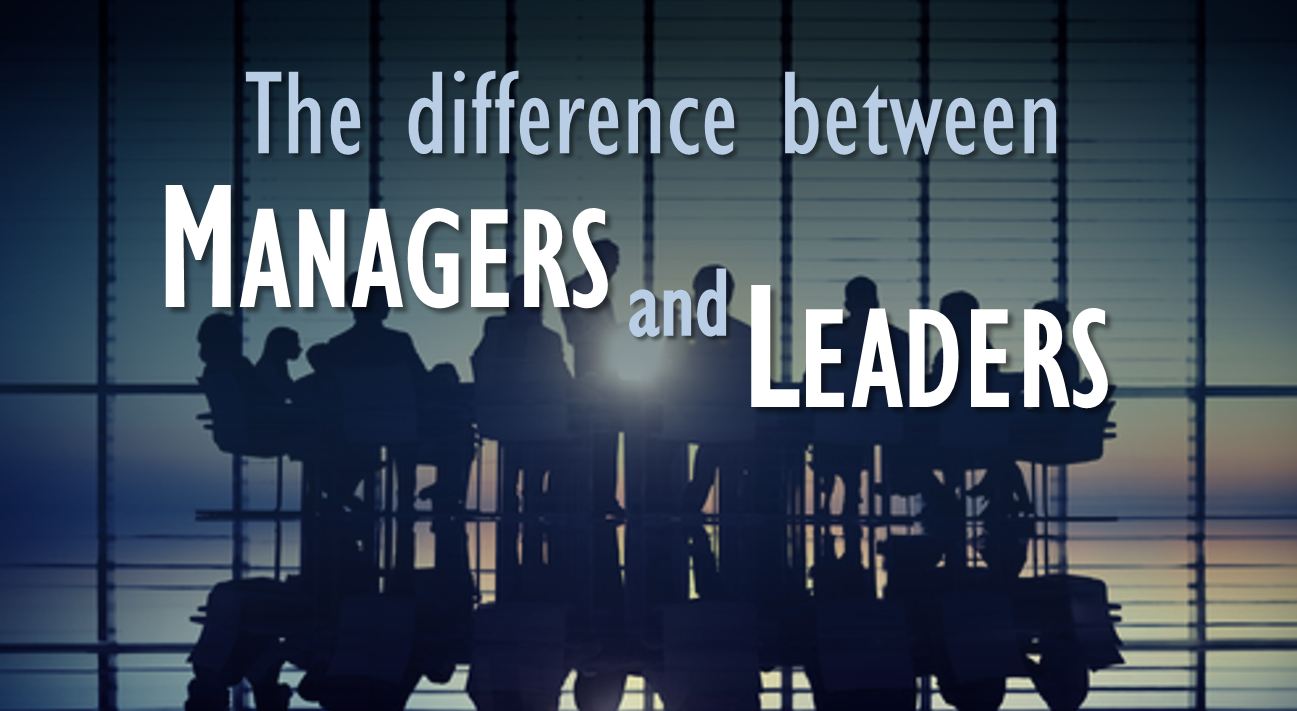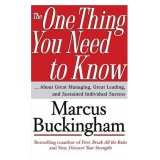I recently finished a great book by Marcus Buckingham: The One Thing you Need to Know. The author is better known for his work on Strengths-based success, but this is an excellent book that any manager or leader should read. One of the key concepts in the book are differences between managers and leaders.
Managers are all about PEOPLE. Their job is to align team strengths with the needs of the organization, to care for people, to show them he or she has their career in mind, to give them direction and resources and to cover their back. Managers are individualizers.
A Great Manager is a catalyst that turns people’s talent into performance that is aligned with company goals. A great manager demonstrates he or she sincerely cares about the team, making employees believe their success is the manager’s primary goal. Great managers get satisfaction from the small improvements in growth they see in the people they manage.
Leaders are all about VISION. They have an ability to visualize a better future so clearly and they are so passionate about it, they can’t help but do everything they can to make that future a reality. Their vision and passion make people follow them independently of their position in the org.
Great Leaders rally people to a better future. Great leaders are restless for change, impatient for progress and deeply dissatisfied with the status quo. The possibility of a better future burns them and propels them. Great leaders see the future so vividly they have no choice but to do everything in their power to make this future real. Great leaders are curious, bold and confident, and they have a great sense of optimism.
How to become a great Leader? Sorry but what makes a great leader cannot be learned. You either have it or you don’t. Leaders are born. Leaders need, however, a fully realistic assessment of the difficulty of the challenge ahead and they need to bring an unrealistically optimistic belief in the ability to overcome it.
How to become a great Manager? Marcus offers a very accurate set of recommendations. Interestingly, the discussion starts by defining the fundamental human needs: a modern version of Maslow’s pyramid, in a way. These fundamental needs stem from fundamental human fears. They are:
- Fear of death – Need for security
- Fear of strangers and outsiders– Need for community
- Fear of the future and uncertainty – Need for clarity
- Fear of chaos – Need for authority and classification, order
- Fear of insignificance – Need for respect
What do these needs have to do with management? These fundamental human needs apply to humans at all times, including work. A manager that is aware and understands the fundamental human needs of his or her employees will find the following management guidelines as very useful:
- Provide clear expectations and goals to your team
- Show recognition and praise for the accomplishments of your team, big and small
- Demonstrate to your team you sincerely care about them as individuals
- A good team requires interdependency: it cannot be a group of individual players
Marcus defines three things every good manager needs to know about each team member:
1. Their strengths and weaknesses
2. Their triggers and hot buttons
3. Their individual style of learning: analyzer, watcher or doer.
You can be a great manager and a great leader. If you are interested, a good first step would be to read this book.


